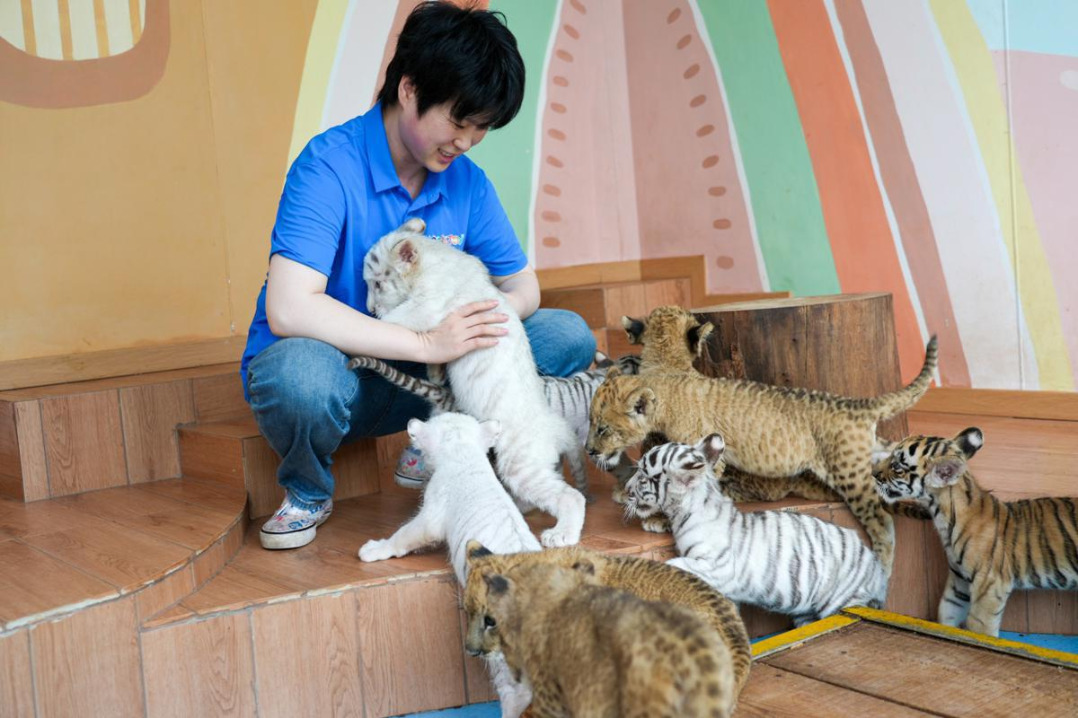AI's cluck-worthy success in chicken farming

In a slightly offbeat groundbreaking effort, students from Shenzhen University in Guangdong province are using artificial intelligence to transform Silkie chicken farming. So far, they've increased production by 30 percent.
Silkie chickens are named for their unusual fluffy feathers, which have the texture of silk or satin. They have black skin and bones, blue earlobes and five toes on each foot — one more than an ordinary chicken.
To share the joy of success this week, the Tencent Cloud Artificial Intelligence Class — a program set up by SZU and tech giant Tencent — offered free chicken soup in the school's cafeteria to all teachers and students.
"As Spring Festival approached, our Silkie chicken breeding base in Chishui, Guizhou province sent hundreds of chickens and eggs to the university, so we decided to have the cafeteria turn these black-boned birds into AI chicken soup before the holiday to give teachers and students a taste of technology," said Chen Sirui, a student in the Tencent class.
Over a span of eight months, around a dozen students from the class dedicated themselves to developing an intelligent breeding system for Silkie chickens. The project aimed to address the challenges of large-scale farming, particularly the difficulty in monitoring the health and movements of the free-roaming chickens, which have a breeding history of 300 years. The chicken received national geographical indication protection in 2010.
As a result, the system significantly increased the output rate at the breeding base by 30 percent, yielding an additional 60,000 chickens.
- Huangyan approved as nature reserve
- Hongqiao Intl CBD facilitating companies' global ambitions
- Global Public Security Cooperation Forum to be held in Lianyungang
- Huangyan Island National Nature Reserve gets official go-ahead
- A capable assistant in classroom -- Chinese educators embrace AI
- China rolls out homegrown 9-valent HPV vaccine





































